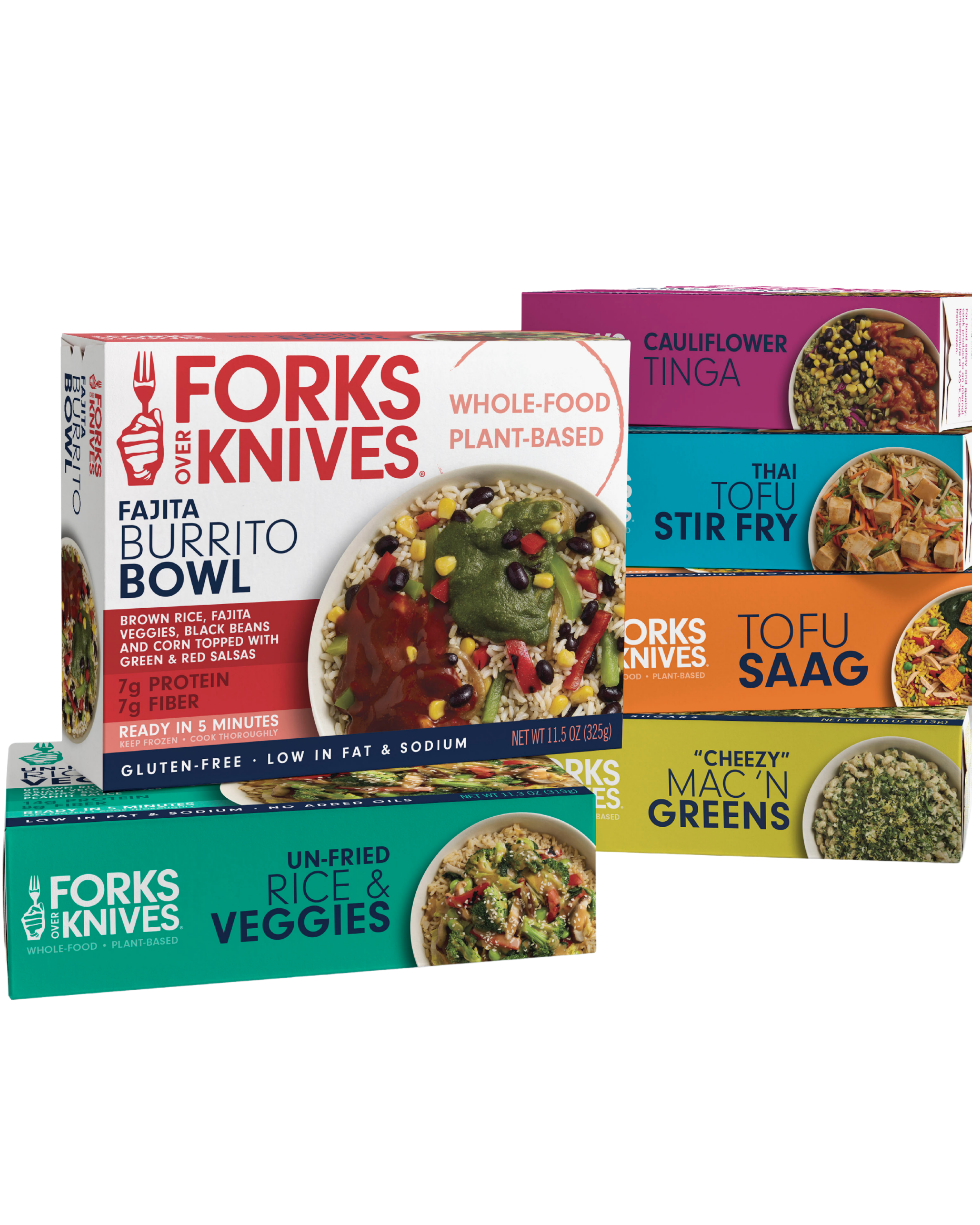Although data have suggested for decades that asthma responds to dietary interventions, a comprehensive report published in the March 2020 issue of Nutrition Reviews indicates that plant-based nutrition therapy for asthma has come of age.
What Is Asthma?
A common and sometimes disabling disorder, asthma is an airway disease of the lungs that makes it hard to breathe and causes wheezing. It is characterized by inflammation in the walls of the bronchial tubes in the lungs, which can become swollen. It can be present chronically but can flare acutely with constriction of muscles in the airways that can become life-threatening. Triggers can include viruses, exercise, stress, allergens like pets, and drug reactions. It is estimated that about 8 percent of people in the United States suffer from asthma. (As a child, I was one of those statistics and recall several trips to the emergency room for breathing treatments.)
New Report on Asthma and Nutrition
For the new report in Nutrition Reviews, researchers from the Physicians Committee for Responsible Medicine reviewed more than 150 scientific studies examining the role of nutrition in asthma prevention and treatment, concluding that “recommendations to increase fruit and vegetable consumption, while decreasing saturated fat and dairy intake, are supported by the current literature” for the prevention and treatment of asthma.
The key findings they identified:
- High intake of fruit and vegetables may reduce the risk of developing asthma.
- High intake of fruit and vegetables may make asthma symptoms more manageable.
- Fruit and vegetable intake can lower airway inflammation.
- Dairy can increase airway hyperactivity and asthma symptoms.
- Western diets characterized by low fiber and high fat intake worsen lung function and inflammation.
- The odds of asthma decrease with increased intake of plant foods and decreased intake of meat.
The authors present several potential mechanisms by which plant foods might decrease asthma risk: higher fiber intake and its role in lowering inflammation on the gut microbiome; lower levels of fats, particularly animal saturated fats, which can raise inflammation via their adverse effect on gut bacteria; and the lower risk of being overweight or obese, as obesity is linked to asthma.
Of the more than 150 scientific studies that the researchers reviewed, one of the earliest was a 1985 study from Sweden. Researchers conducted a one-year experiment with a vegan diet in 35 patients suffering from chronic asthma. In almost all cases, medications used on average for 12 years could be withdrawn or drastically reduced. Of those following the diet for the entire year, 92 percent reported improved symptoms. Testing of pulmonary function, cholesterol levels, and allergic markers in the blood all improved. The authors concluded that this approach might replace conventional medication.
Also included in the PCRM review was a 2004 study from Malaysia of 22 children between the ages of 3 and 14 who had asthma. Thirteen children volunteered to eat a diet free of eggs and milk for eight weeks; the other nine served as controls. After eight weeks, blood markers of allergic response and inflammation were lower among the 13 children restricting eggs and milk. Measures of airway flow were also significantly improved in this group while unchanged in the control group. The scientists concluded that even an eight-week change in diet can improve lung function in asthmatic children.
The Takeaway
With the current focus on lung health and avoiding pulmonary illness during this viral pandemic, there is no better time to embrace a diet of whole plants, brightly colored and as fresh as possible. Take a deep breath and appreciate the miracle of a healthy body.
Related News
Get Our Best Price On The Forks Meal Planner

Forks Meal Planner takes the guess work out of making nutritious meals the whole family will enjoy.
Master Plant-Based Cooking!

Our new course features over 100 lessons, 50+ recipes, downloadable guides, and more!
New Frozen Meals!

Introducing our new frozen meals: Doctor-recommended, chef-crafted, & ready in minutes.




